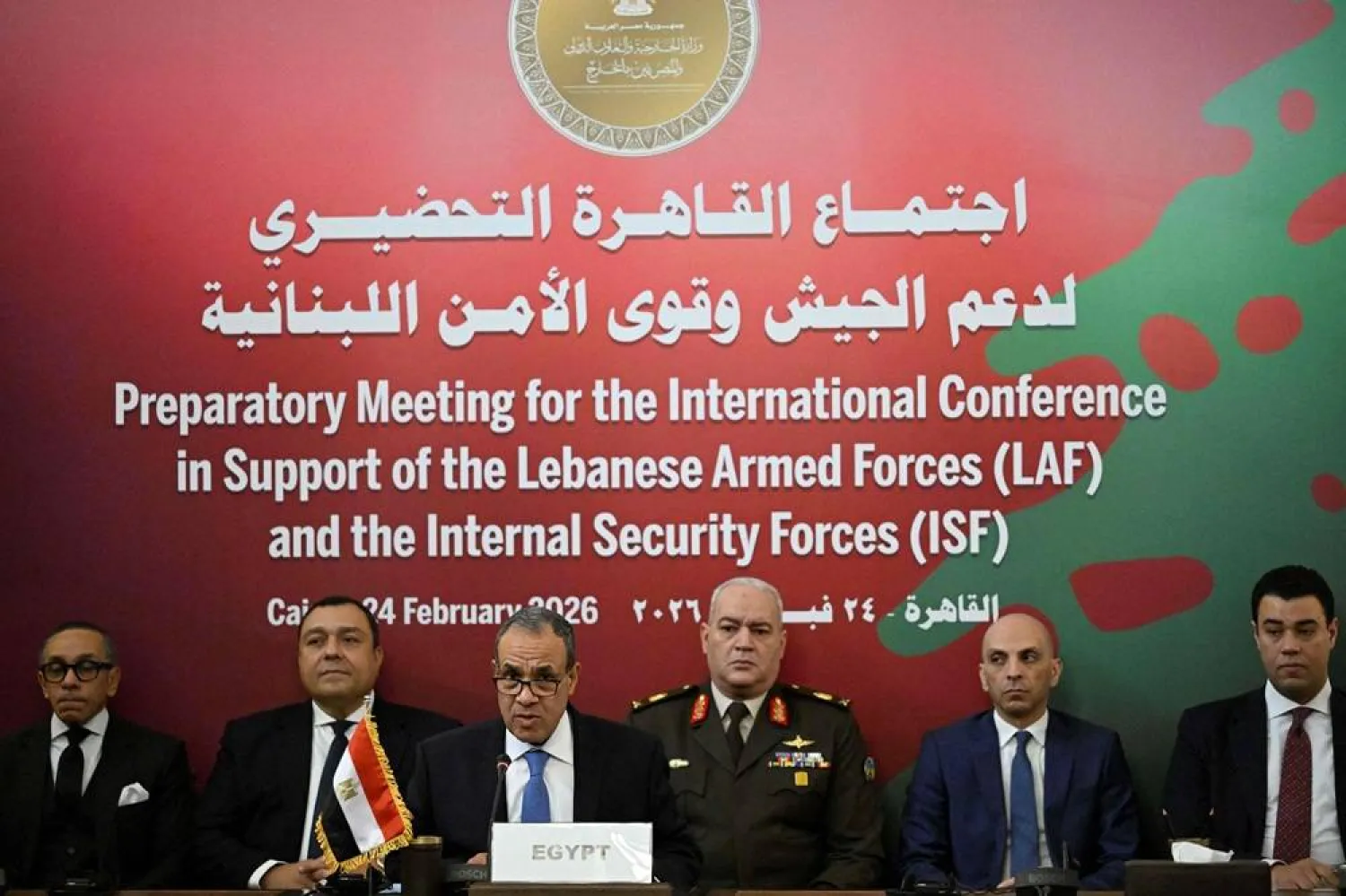The leader of Sudan’s Rapid Support Forces (RSF), General Mohamed Hamdan Dagalo, generally referred to as Hemedti, has denied rumors of him seeking an agreement for Port Sudan during his visit to the Red Sea state.
This comes a few days after Hemedti had returned from a controversial visit to Russia. At the end of his visit, Hemedti announced that Sudan did not mind establishing naval bases on its Red Sea coast.
Whether Russian or not, Sudan was open to allowing naval bases in its territorial waters so long as it did not threaten its national security, he said.
Hemedti’s several-day visit to Russia sparked a lot of controversy, especially since it coincided with the Russian invasion of Ukraine.
Hemedti made controversial statements after his return from Russia. He said that Sudan’s coast on the Red Sea is available to any country that wants to build a base on it and that Sudan has no problem with Russia or others.
Russia might seek to build a logistic base on the Sudanese Flamingo Bay on the Red Sea.
Hemedti said on Tuesday that, as a representative of the Sovereignty Council, he is visiting the Red Sea state to find out its issues and the problems of its port with the competent authorities.
He denied signing any agreement relating to Port Sudan.
“I did not come to sign any agreement regarding the port, but I am here with the specialists and the governor to solve the port’s accumulated problems during the coming days,” said Hemedti.
In June 2021, Russian ships docked at Sudan’s Flamingo navy base. They raised the Russian flag and lowered the Sudanese flags.
This step sparked intense controversy, but the Sudanese military authorities announced their intention of reviewing the military cooperation agreement with Russia signed during the era of former President Omar al-Bashir.
The review forced Russian authorities to withdraw from the base, despite al-Bashir having agreed with Russia's President, Vladimir Putin, in November 2017 to establish a Russian military base on the Red Sea.









